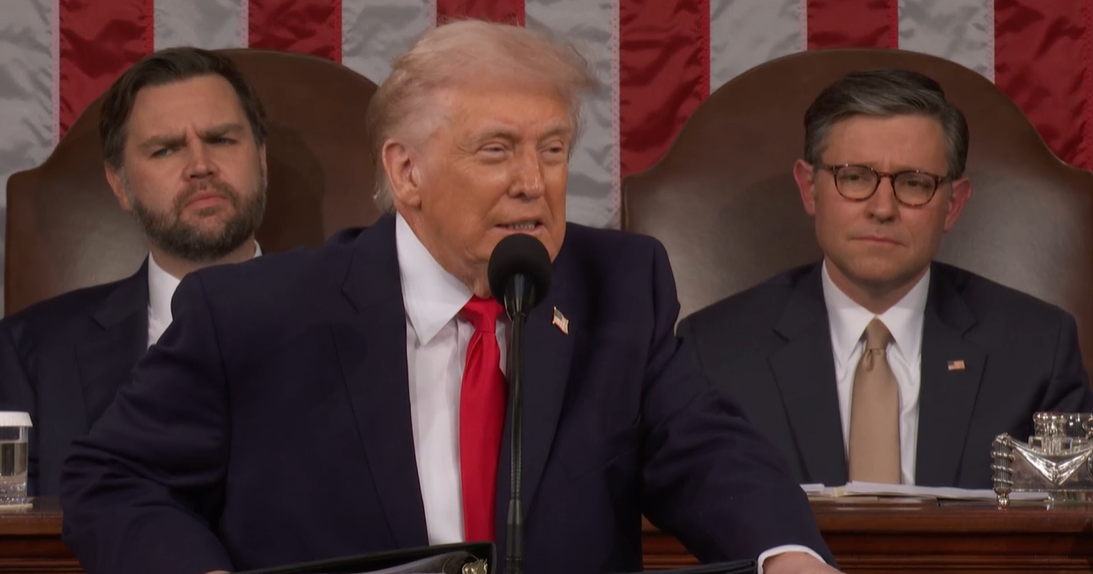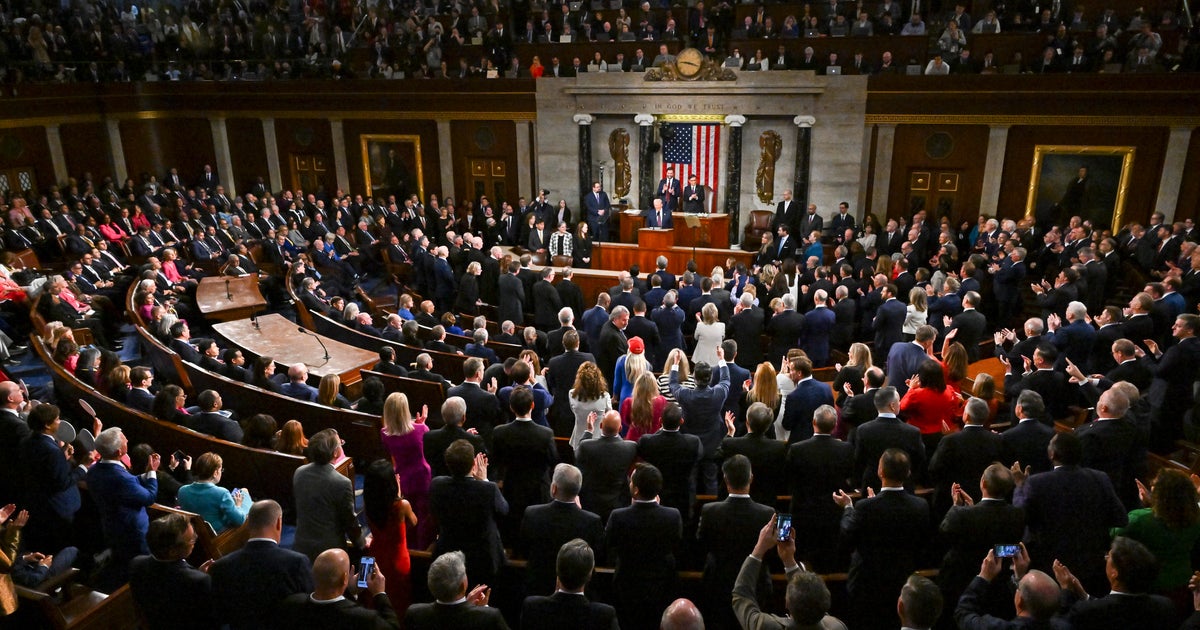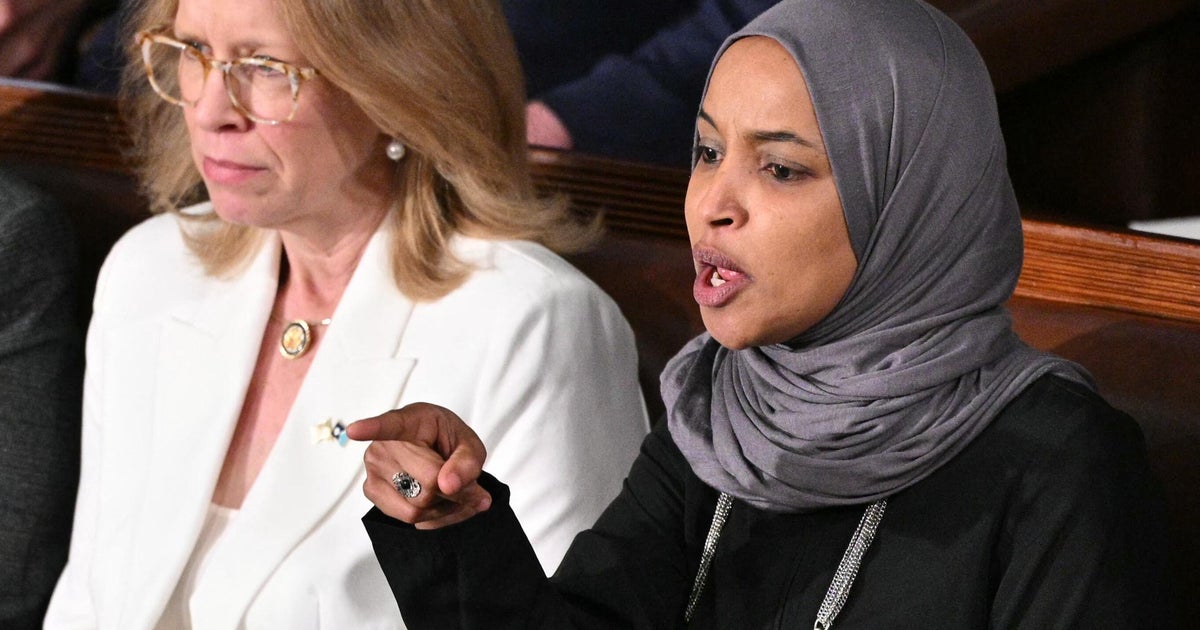Fact checking the president's claims about the whistleblower
President Trump over the last few days has espoused a number of claims and theories as he attempts to refute the whistleblower's complaint involving Mr. Trump's attempt to urge the president of Ukraine to investigate former Vice President Joe Biden and his son, Hunter Biden.
The president has leveled a number of accusations at the whistleblower over Twitter in an attempt to discredit the anonymous individual whose complaint is central to the impeachment inquiry announced last week by House Speaker Nancy Pelosi.
Here are the claims the president has made about the whistleblower and the whistleblower's claims about the president's July 25 call with Ukraine President Volodymyr Zelensky.
Trump claim: The whistleblower is only a "so-called whistleblower"
Mr. Trump and his allies argue that the whistleblower isn't a whistleblower at all. He has described the whistleblower as the "'so-called 'Whistleblower.'"
But the Office of the Intelligence Community Inspector General established in a statement Monday that the complainant met the legal qualifications to be treated as a whistleblower.
According to the main law governing this complaint and complainant is the Intelligence Community's Whistleblower Protection Act, which requires that the complainant be "an employee of an element of the intelligence community, an employee assigned or detailed to an element of the intelligence community, or an employee of a contractor to the intelligence community."
"The ICIG confirmed the Complainant was such an employee, detailee, or contractor," the office said in its statement.
The law also requires that the complainant submit information related to an "urgent concern," and the ICIG concluded that the complaint filed on August 12 had been appropriately filed and "determined that the complaint was both urgent and that it appeared credible."
The whistleblower "has all secondhand information"
One of the president's key arguments is that the whistleblower is relying only on secondhand or even "thirdhand" information. Mr. Trump makes this claim frequently, as have his allies, like personal attorney Rudy Giuliani and House Minority Leader Kevin McCarthy.
The whistleblower says in the complaint that much of the information reported comes from other U.S. government officials with direct knowledge. The whistleblower says "more than half a dozen U.S. officials" informed him about the events he disclosed, and "multiple White House officials with direct knowledge of the call informed me that, after an initial exchange of pleasantries, the president used the remainder of the call to advance his personal interests."
However, the whistleblower also said that he or she possesses firsthand information, too. According to the statement issued Monday by Intelligence Community Inspector General Michael Atkinson, the whistleblower marked two boxes in filing the complaint. The whistleblower checked a box stating he or she had gathered information firsthand and checked another box stating information had gathered secondhand.
"The whistleblower stated on the form that he or she possessed both first-hand and other information. The ICIG reviewed the information provided as well as other information gathered and determined that the complaint was both urgent and that it appeared credible," the intelligence inspector general wrote.
The intelligence community inspector general further stated the whistleblower acted appropriately and submitted the correct disclosure form that had been in effect since May 2018. The conservative website The Federalist claimed the whistleblower rules were secretly changed just before the whistleblower submitted the complaint to allow information to be secondhand. The president made a similar suggestion on Twitter.
"In summary, regarding the instant matter, the whistleblower submitted the appropriate Disclosure of Urgent Concern form that was in effect as of August 12, 2019, and had been used by the ICIG since May 24, 2018," the inspector general wrote.
Trump claim: "Almost everything" the whistleblower said about the Ukraine call is "wrong" and "inaccurate"
Another repeated claim of the president is that almost everything the whistleblower reported is "wrong," "totally inaccurate" and presented in a "fraudulent way," even as every American has the opportunity to read the summary of the call with Ukraine's president as released by the Trump administration.
In fact, the whistleblower's complaint lines up closely with the call summary, as the acting director of national intelligence who was appointed by Mr. Trump testified before Congress last week. Americans can compare the two for themselves.
"The whistleblower's complaint is in alignment with what was released yesterday by the president," the acting director of national intelligence testified before the House Intelligence Committee.
Trump claim: He deserves to meet the whistleblower
Mr. Trump tweeted Sunday that he, like every American, deserves to meet his accuser.
But whistleblower protection laws exist so that a whistleblower's identity can be protected. Far-right individuals have offered a $50,000 bounty for the whistleblower's identity. And the president has compared the whistleblower and anyone who provided the whistleblower information to spies, lamenting the U.S. doesn't treat people who commit treason like it did in the old days.
The whistleblower's lawyers wrote to Acting Director of National Intelligence Joseph Maguire to tell him of their "serious concerns" for their client's safety and said they appreciated the office's support and activation of "appropriate resources to ensure their safety." They fear the disclosure of the whistleblower's identity, and they cited the president's remarks and the bounty as cause for concern.
CBS News national security contributor and former CIA deputy director Michael Morell said that presidential statements shouldn't be taken lightly.
"I don't use this word very often when I'm on the air, but I'm appalled," Morell said on CBSN Thursday. "I mean he's basically saying that this person should be killed. That's what he's saying."
The Intelligence Community Whistleblower Protection Act of 1998 allows whistleblowers to report wrongdoing using a specific process. In exchange, those whistleblowers are protected by Congress from retaliation. And as the intelligence community inspector general wrote Monday, the whistleblower took appropriate actions and qualifies for such protections.
Republican Sen. Chuck Grassley, an ally of the president but also a longtime advocate of whistleblower protections, noted in a statement Tuesday that the whistleblower appears to have followed protocols and should be protected.
"This person appears to have followed the whistleblower protection laws and ought to be heard out and protected. We should always work to respect whistleblowers' requests for confidentiality," Grassley said.



